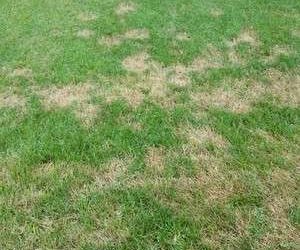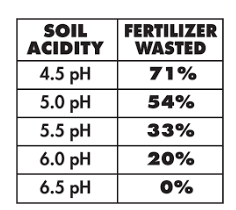Warm Winters Mean More Pests in Summer, Right? Not So Fast…
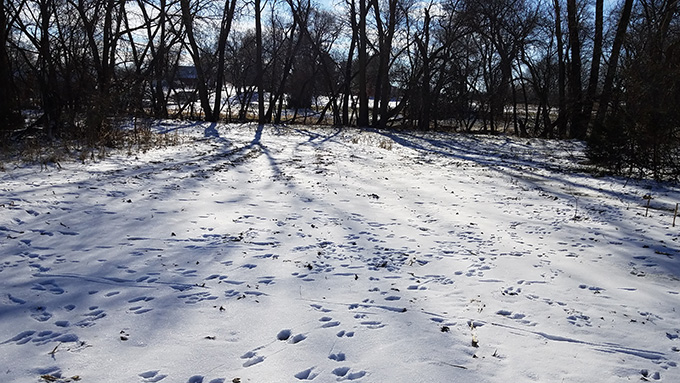
You’ve heard it before: A cold winter means fewer insects next summer; warm winter, be prepared for a buggy season. Some things get stated so often and so emphatically that we take them to be truths, but is this really fact or is it myth?
All in all, insects are very hardy. And adaptive. When the weather turns from warm to cold and sometimes downright frigid, insects have a variety of approaches to outlast the weather. Some bury themselves in the ground or under piles of leaves to ride out the winter in hibernation. Others migrate just like birds and other animals do.
Still others are able to secrete alcohol within their bodies, effectively allowing them to resist freezing at temperatures reaching -70° F! And some burrow into trees while others lay eggs in protected areas in the fall that don’t hatch until spring.
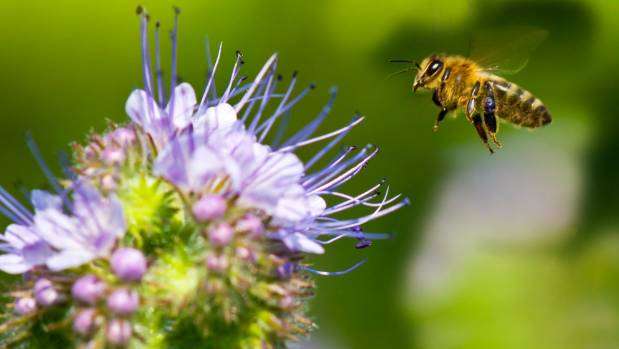
In other words, while some insects certainly die off in the winter, the harshness of the season has little to do with it. While you may lament the survival of mosquitoes and ticks, think of all the beneficial insects that are necessary for healthy and robust green spaces, including the household garden. Without bees, pollination would be severely stifled. Ladybugs and dragonflies not only catch our eye, they eat harmful pests that visit our yards. And where would we be without earthworms, which are a key ingredient for having aerated, and fertilized (think worm poop – otherwise known as castings!) soil for a healthy lawn and garden.
There are steps you can take to help reduce the number of unwanted pests in your yard while at the same time providing an environment that supports wanted and necessary insect populations.
Clear Yard Debris
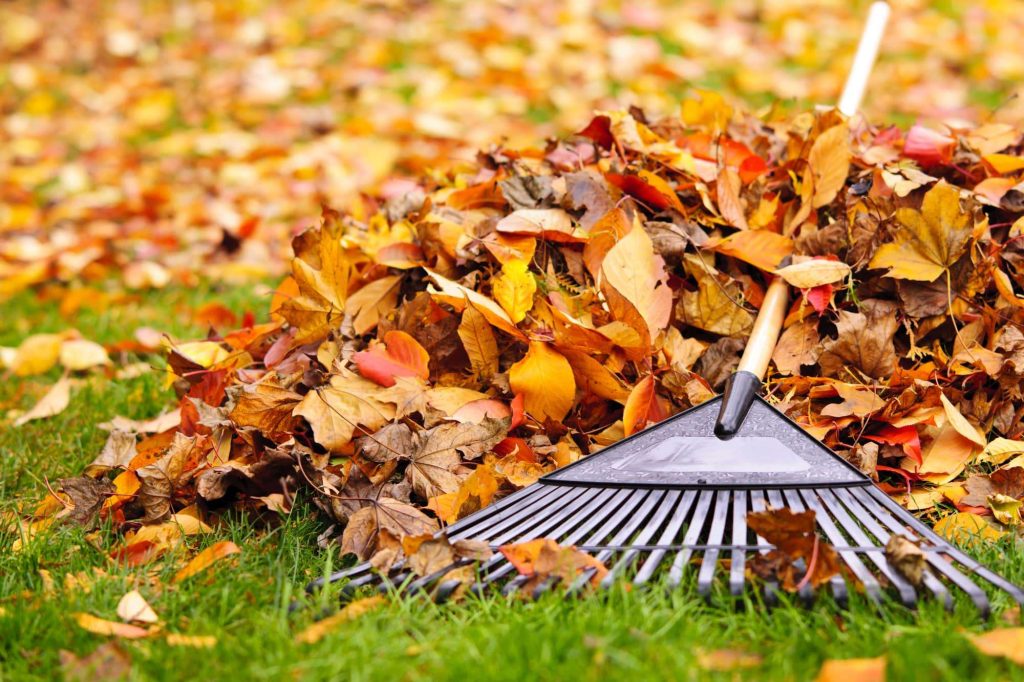
Mold and mildew attract pests. Lawn debris and piled up leaves become soggy in the fall and spring, fostering the development of mold and mildew, becoming feeding grounds for unwanted pests. Eliminate nesting insect populations before they have a chance to develop by getting rid of yard debris in a timely manner.
Clean Your Gutters
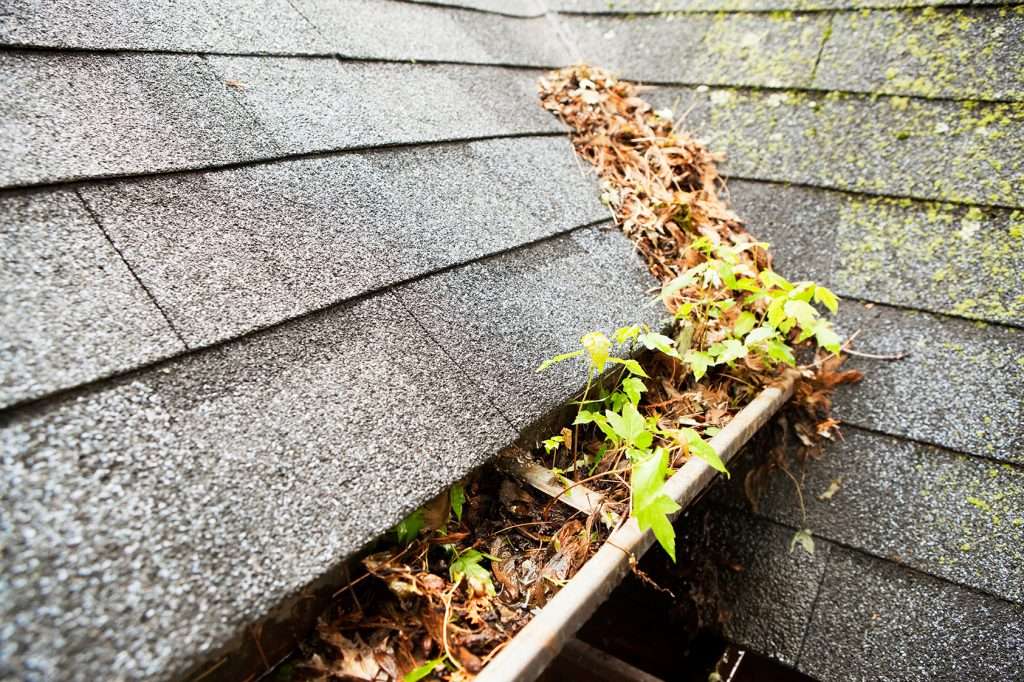
Again, here’s a great place for mold and mildew to build up when leaves and tree debris remain in gutters. Not to mention the issue of clogged gutters and downspouts, and if the winter is severe enough, frozen debris in gutters brings on a whole other set of issues for the homeowner!
Prune Plants
Timing is important when it comes to pruning. You want to research individual plants so as to not prune them at times that will be detrimental to the plant. The issue when it comes to deterring unwanted pests from setting up house in plants has to do with letting plants become overgrown and growing to close to your home. The larger the bush or plant, the more likely insects will use it as shelter. If the plant is close to your home, the added buffer from wind and the elements just makes the vegetation more inviting for pests.
Mulch Thoughtfully
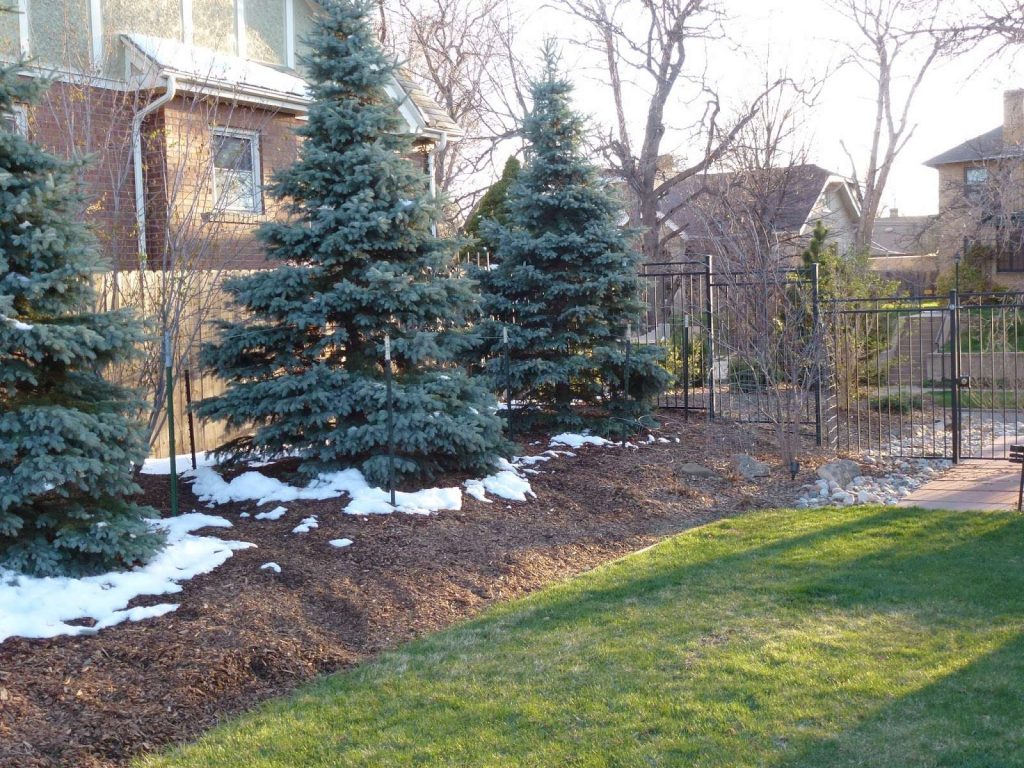
Mulching goes a long way toward protecting your investment in ornamental shrubs and plants, so it’s a good thing. But, piling up mulch willy-nilly, mounding it too high in places, simply invites insects to take up residence. Be sure to spread mulch evenly to avoid attracting insects while at the same time providing your plants with the intended benefits.
If you have any questions, or want to learn about the ways Prolawn can help you with any of these services, be sure to fill out the Prolawn Quote Form or give us a call @ 540.662.8316 today! We’d be happy to clarify any questions or concerns you might have about this or any other lawn care topic.


